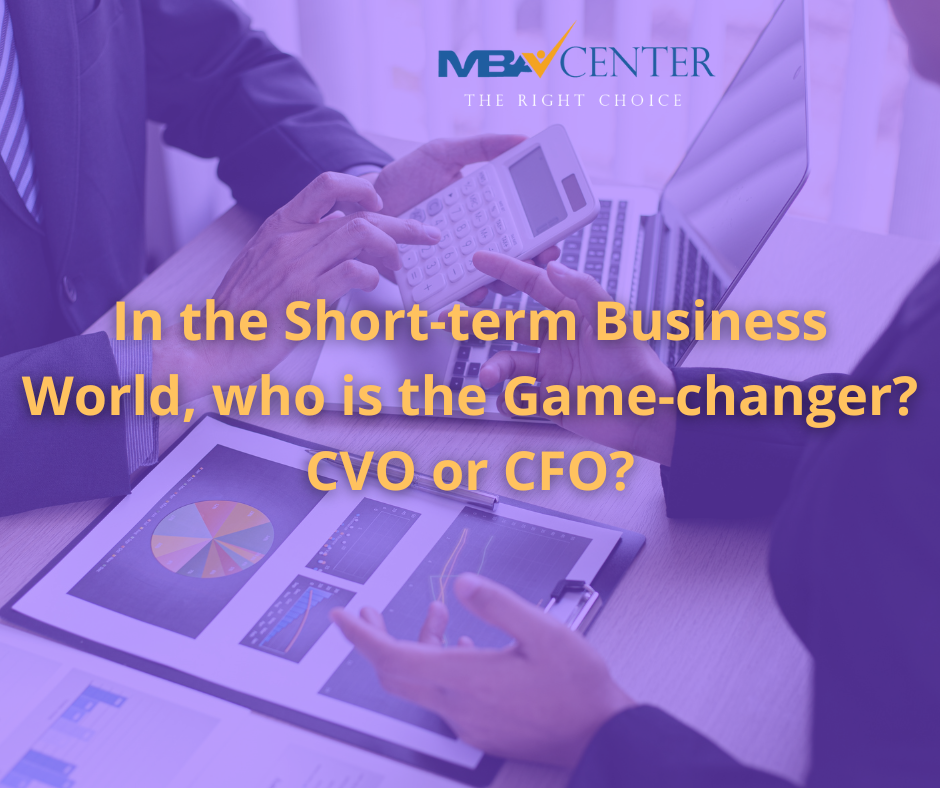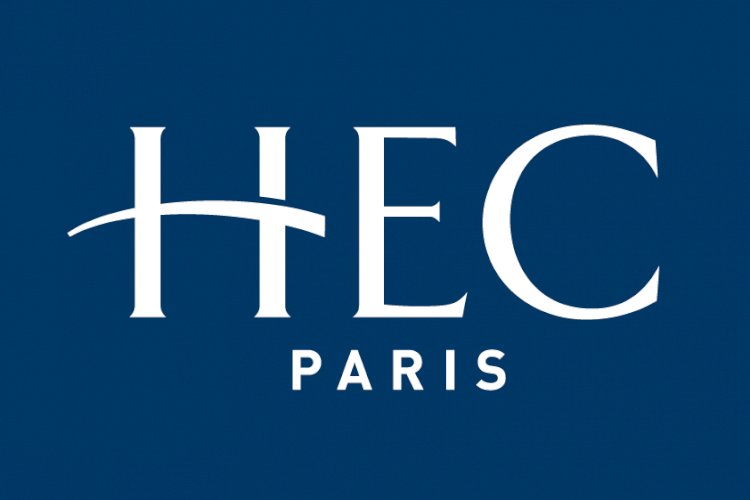
The game changers are those who break free from the limits of traditional business and achieve enormous success in whatever they do. They not only control but also define their niche by becoming the go-to firm, service, expert, or influencer.
Covid-19 has shown that focusing solely on financial data is unsustainable in the long run: businesses cannot continue to focus exclusively on financial capital in a world where resources are limited. Leaders' thinking will be challenged by thinking about the long term and producing value for numerous beneficiaries.
Players Must Adopt A New Perspective
For responsible firms, the change to multi-capital CFOs is good because it provides them with the data they need to do the right things and make sound management decisions. It also helps to foster internal dialogue and alert the board of directors about dangers and opportunities. The underlying need is for transformative accounting, which looks forward rather than backward and details business model changes and new goods.
For CFOs, this new accounting necessitates communication and a strong understanding of their organization's and stakeholders' expectations. The CFO's perspective will need to change to one of value development and protection across the board. A 360-degree view of the organization can be obtained by looking at performance via multi-capital lenses.
These executives will need to develop new skills, including creating natural capital profit and loss statements, determining the cost of significant externalities, and comprehending the value provided by intangibles. They will link the business model to all relevant capitals and identify the organization's core value drivers. Capital will be incorporated into controlling, risk management, and overall decision-making. Indeed, they will need to use financial, non-financial, and pre-financial measures and indicators.
For Sustainable Enterprises, A Level Playing Field is Essential
Accounting for sustainable development is quickly becoming a critical component of a company's overall strategy. This notion aims to focus on long-term value creation while also considering the environmental ceiling and social underpinnings.
The variety of ways in which multi-capital value creation is recorded today, both financially and non-financially, continues to be a challenge. Capitals must be tracked and linked, necessitating a multidisciplinary perspective that recognizes that performance does not come in a ready-to-use, strictly monetary shape.
Training for Game-Changers
Finance experts are game changers in this setting, necessitating a rebranding of CFOs as Chief Value Officers. This program aims to change how management thinks and how the finance function operates by shifting from measuring a single capital to several capitals. The training seeks to improve financial professionals' abilities to measure and convey their company's value generation.
-
Understanding and integrating environmental restrictions and sustainable development aims are essential skills for a sustainable development specialist and a business partner.
-
Mastering the implications of technology on multi-capital accounting and having a global, strategic, and political vision of multi-capital accounting procedures requires strategic thinking and a forward-looking outlook.
-
You are vital to business strategy: strategic capital value, control, reporting, and audit.
-
To accompany business models' ecological and social transition as an architect and driver for change.
Also read: 3 Exceptional Scholarships You Might Not Know About
In Conclusion
The Chief Value Officer (CVO) integrates the organization's value creation with a multi-capital vision as a business partner and an expert in sustainable accounting. By taking a long-term view, he contributes to the strategic success of all organizations. They need to push business models more than ever to adapt to and get ahead of the Covid-19 crisis.
Taking up the role of Chief Value Officer is a viable option for the future. It will be the missing link between businesses and environmental and social change.
 MBA Center Global
MBA Center Global 























